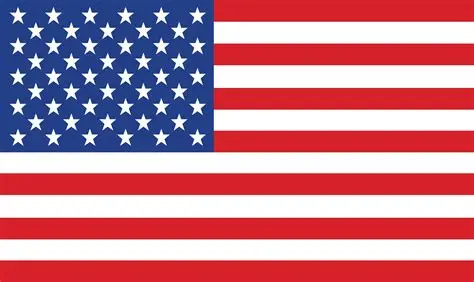People seeking to live, work or study in the United States will now face new scrutiny for so-called “anti-Americanism”, under measures announced on Tuesday by the US Citizenship and Immigration Services (USCIS).
The update allows immigration officers to examine applicants’ social media for evidence of “anti-American activity”, alongside checks for any links to terrorist or “anti-American” organisations. The move expands a policy first introduced in June by the Trump administration, which authorised officials to review online platforms for security vetting.
A USCIS spokesperson, Matthew Tragesser, said the agency was committed to “rooting out anti-Americanism” and applying “rigorous screening and vetting measures to the fullest extent possible.” He added: “America’s benefits should not be given to those who despise the country and promote anti-American ideologies.”
The policy document did not define “anti-Americanism” in clear terms, but included those who supported “anti-Semitic terrorism, anti-Semitic terrorist organisations, and anti-Semitic ideologies”. It also referred to the Immigration and Nationality Act of 1952, which bars certain categories of people from naturalisation, such as members of Communist parties, advocates of “world communism”, and those who promote the overthrow of the US government by force.
The announcement came a day after the State Department revealed it had revoked more than 6,000 student visas this year. In June, embassies and consulates were instructed to vet applicants for “hostile attitudes towards our citizens, culture, government, institutions, or founding principles.”
Immigration lawyers and advocacy groups have expressed alarm at the broad and ambiguous nature of the new rules. Critics fear they will give officials sweeping discretion to penalise applicants based on political views or online activity rather than genuine security concerns.
Aaron Reichlin-Melnick, a senior fellow at the American Immigration Council, described the move as reminiscent of the McCarthy era of the 1950s, when suspected communists were targeted in what became known as the Red Scare. “The term ‘anti-Americanism’ has no prior precedent in immigration law and its definition is entirely up to the Trump administration,” he said.
Jane Lilly Lopez, associate professor of sociology at Brigham Young University, told the Associated Press the new approach risked embedding prejudice in the immigration system. “It means you are going to just do a whole lot more work to provide evidence that you meet our standards,” she said.
Questions have also arisen about what might be classified as “anti-American” activity. Online forums debated whether criticising recent US military actions abroad, or sharing satirical posts about politicians, could fall within the new criteria.
Steven Brown, a Houston-based immigration lawyer, wrote that so-called “American values” were a “subjective standard not found in the INA”, and warned the rules could open the door to stereotyping and bias in decision-making.



